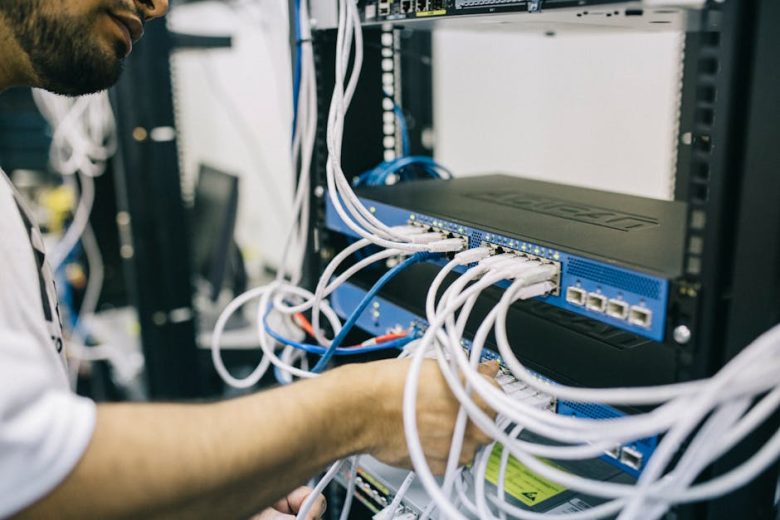In a world where everything is just a click away, convenience has become the cornerstone of our daily lives. From fast food to online shopping, technology has made it easier than ever to satisfy our needs and desires. However, as we indulge in this instant gratification, we must ask ourselves: at what cost? The hidden consequences of our quest for convenience can have profound effects on our health, well-being, and even our social fabric.
As we embrace the ease of modern living, we often overlook the long-term implications of our choices. The allure of quick solutions can lead us to prioritize speed over quality, resulting in a myriad of health issues and social disconnection. This article delves into the hidden costs of convenience, exploring how our pursuit of immediate satisfaction may be jeopardizing our health and ultimately our happiness.
The fast-food industry is a prime example of how convenience can come at a steep price. With drive-thrus and delivery apps making it easier than ever to grab a meal on the go, many people are opting for processed foods high in sugars, fats, and sodium. While these options may save time, they contribute to rising obesity rates, heart disease, and other health problems. The convenience of fast food often overshadows the importance of nutrition, leading to choices that may feel gratifying in the moment but have far-reaching consequences.
Beyond physical health, the shift towards convenience is impacting our mental well-being. Social media and instant messaging allow us to connect with others at any time, yet these interactions often lack the depth and authenticity of face-to-face communication. As we spend more time on our devices, we risk becoming isolated, leading to feelings of loneliness and anxiety. The convenience of digital communication can create a false sense of connection, leaving us yearning for meaningful relationships in a world that feels increasingly disconnected.
Moreover, the rise of online shopping has transformed the way we consume goods, but it has also paved the way for impulsive buying and financial strain. The ease of purchasing products with a single click can lead to overspending, resulting in debt and stress. While the convenience of online shopping may allow us to acquire what we want quickly, it can also foster a culture of consumerism that prioritizes material possessions over financial health and stability.
Despite the concerning trends associated with convenience, there is hope for a balanced approach. By becoming more mindful of our choices, we can find ways to integrate convenience into our lives without sacrificing our health or well-being. Simple changes, such as meal prepping, engaging in community activities, or setting spending limits, can help us reclaim control over our lives. Embracing a more intentional lifestyle can foster deeper connections and promote better health, allowing us to enjoy the benefits of modern conveniences without the adverse effects.
In conclusion, while convenience undeniably enhances our lives, it is crucial to remain vigilant about its hidden costs. By understanding the potential consequences of our choices, we can make informed decisions that prioritize our health and happiness. It is possible to embrace the benefits of modern living while also nurturing our physical and emotional well-being, ultimately leading to a richer, more fulfilling life. As we navigate the landscape of convenience, let us choose wisely, ensuring that our pursuit of instant gratification does not come at the expense of our future.



